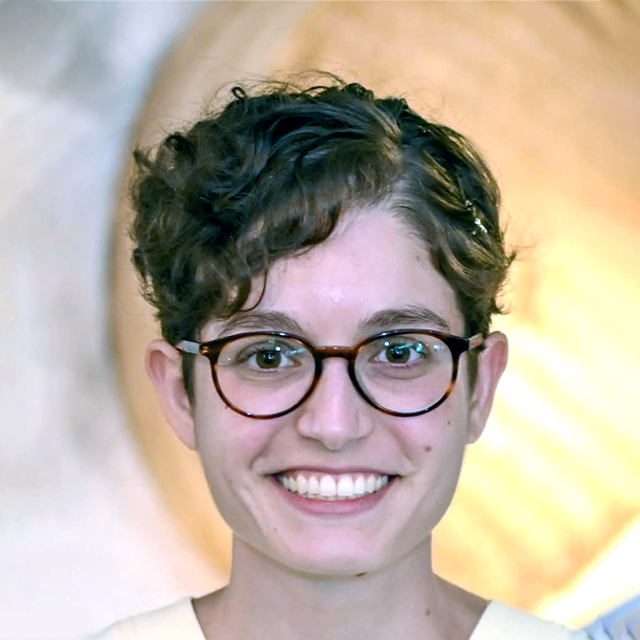Maya Fishbach
Assistant Professor, Canadian Institute for Theoretical Astrophysics
 Maya Fishbach is an assistant professor in the Canadian Institute for Theoretical Astrophysics (CITA). She earned her PhD from the University of Chicago where she was an NSF Graduate Research Fellow. Before joining the University of Toronto, Fishbach was a NASA Einstein Postdoctoral Fellow at Northwestern University.
Maya Fishbach is an assistant professor in the Canadian Institute for Theoretical Astrophysics (CITA). She earned her PhD from the University of Chicago where she was an NSF Graduate Research Fellow. Before joining the University of Toronto, Fishbach was a NASA Einstein Postdoctoral Fellow at Northwestern University.
Fishback is a gravitational-wave astronomer who studies collisions of black holes and neutron stars. Through a combination of data analysis and theoretical modeling, her research strives to explain how, where and when black holes and neutron stars form and merge. She is interested in combining gravitational waves with other probes to learn about everything from stars to cosmology.
Some of Fishbach's research highlights include: the discovery of missing big black holes in the black hole mass spectrum (which probes the physics of pair-instability supernovae; Fishbach & Holz 2017), evidence that the black hole merger rate evolves with redshift (Fishbach et al. 2018), and the first gravitational-wave measurement of the Hubble constant from combining gravitational waves and a galaxy catalog (Fishbach et al. 2019). Within the LIGO-Virgo-KAGRA Collaboration, Maya analyzes the population demographics of merging black holes and neutron stars and the expansion history of the universe.
Fishbach’s recent publications include the first measurement of the delay time distribution between black hole formation and merger (Fishbach & Kalogera 2021), a comparison of the black hole population in gravitational-wave sources and X-ray binaries (Fishbach & Kalogera 2022), and limits on how many merging black holes are made from previous mergers of smaller black holes (Fishbach et al. 2017, Fishbach et al. 2022).

